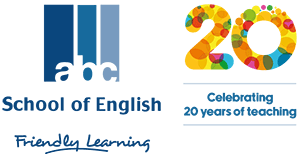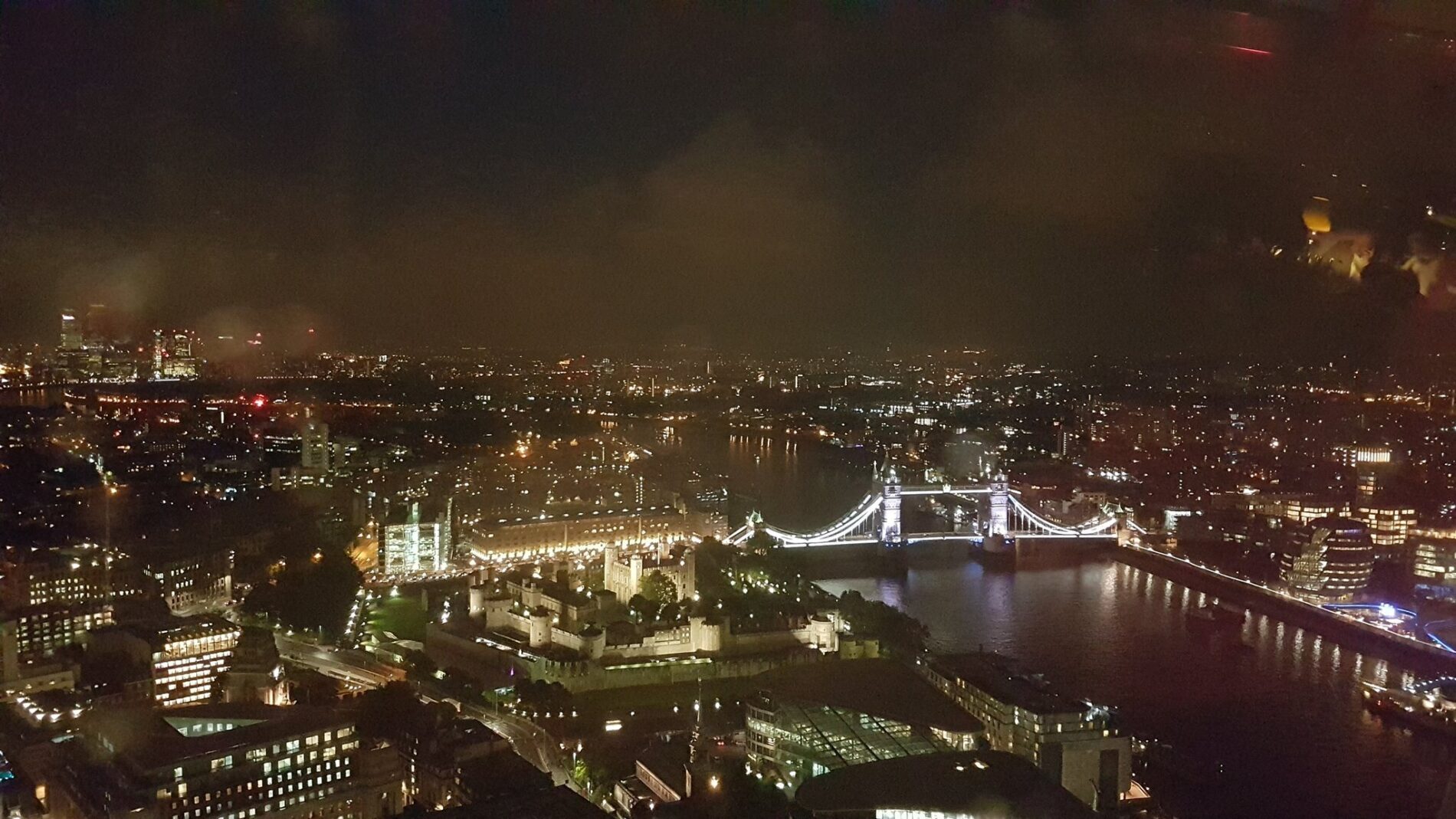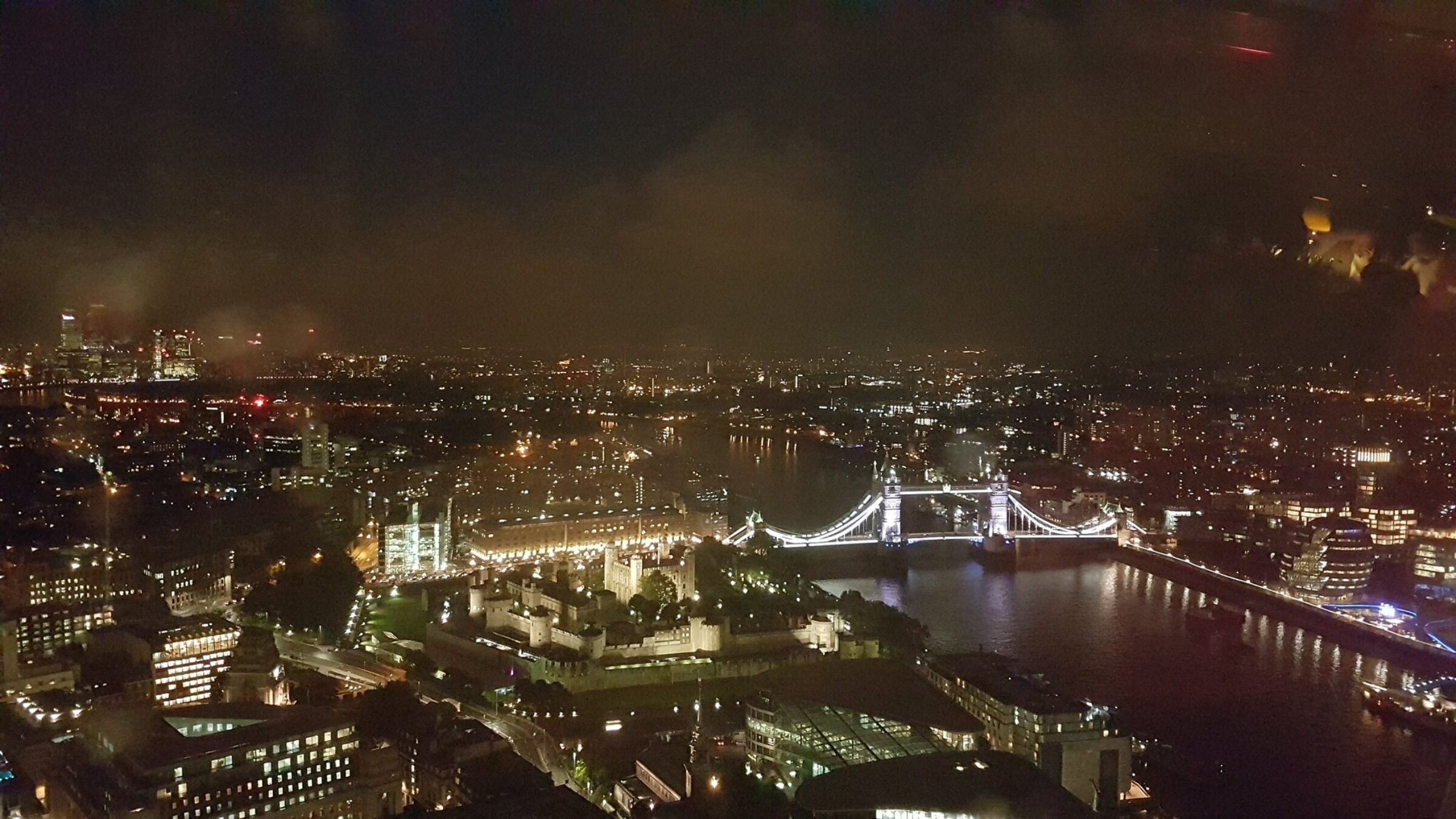Why ‘Project Hail Mary’ Might Just Save Your Next Teen Lesson
If you’d told me last month that a science fiction novel about astrophysics, extremophiles, and interstellar diplomacy would lead to one of the most heart-warming lessons I’ve ever taught, I might’ve raised an eyebrow. But Project Hail Mary by Andy Weir — yes, the same author who gave us The Martian — turned out to be the perfect launchpad (pun intended) for a group of sharp, curious, and wildly imaginative teenagers from Georgia.
The novel itself is a gem: high-stakes science, laugh-out-loud moments, and, most importantly, deep human themes — sacrifice, loyalty, and friendship. These weren’t just abstract ideas for our students. They felt them. They lived them — or at least they pretended to, brilliantly.
Here’s what we did: after exploring some key themes in the book (no spoilers, promise), the students were tasked with creating their own planets, complete with societies, values, and survival plans. But the real twist? They had to justify why their worlds deserved to survive — and, ultimately, how they could work together to ensure everyone’s survival.
What followed was one of those magical classroom moments you don’t forget. Students argued passionately for peace treaties. They sacrificed resources for others. They formed unlikely alliances. And they laughed — a lot. It wasn’t just language practice. It was empathy in action. Critical thinking. Storytelling. Debate. Negotiation. All in their second language.
As a Director of Studies, I’ve seen my fair share of “creative” lessons. This one worked on every level: it sparked curiosity, built vocabulary naturally, and encouraged genuine communication. And let’s face it — if a group of teenagers can sit around discussing hypothetical planetary ethics for three hours and leave the room smiling, something went right.
So here’s my recommendation: don’t be afraid to aim high. Project Hail Mary is more than a sci-fi adventure — it’s a human story with universal appeal. Use it as your starting point, and watch your students take off.
Who knows? Your classroom might just become the next great diplomatic outpost in the galaxy.
Daniel Studholme













